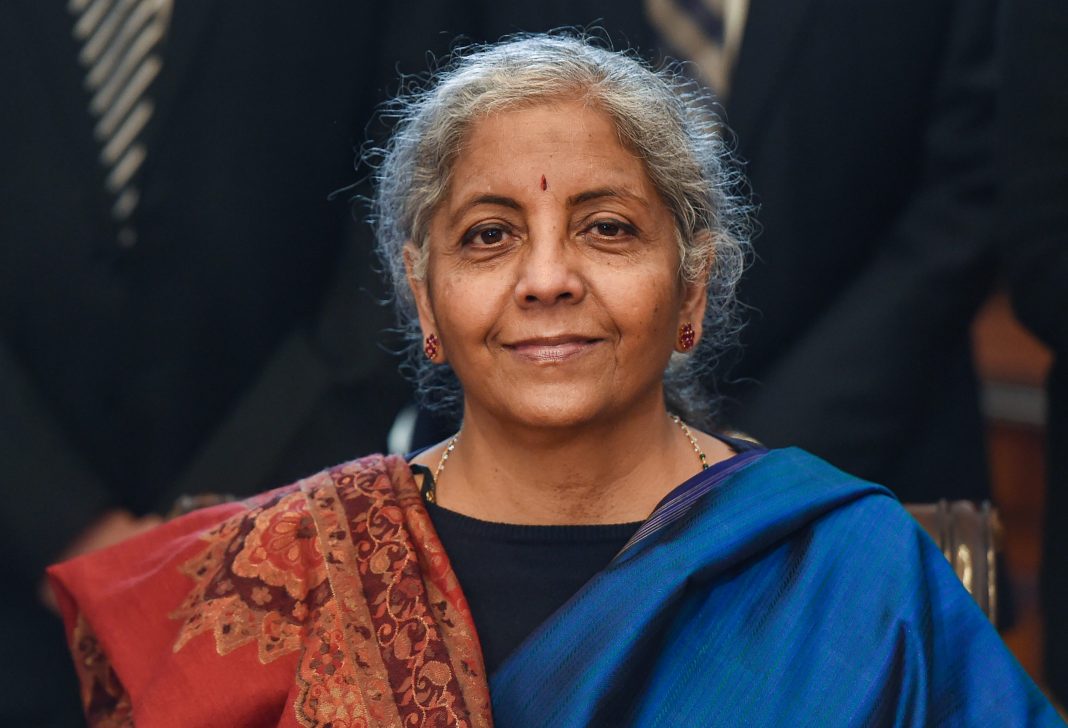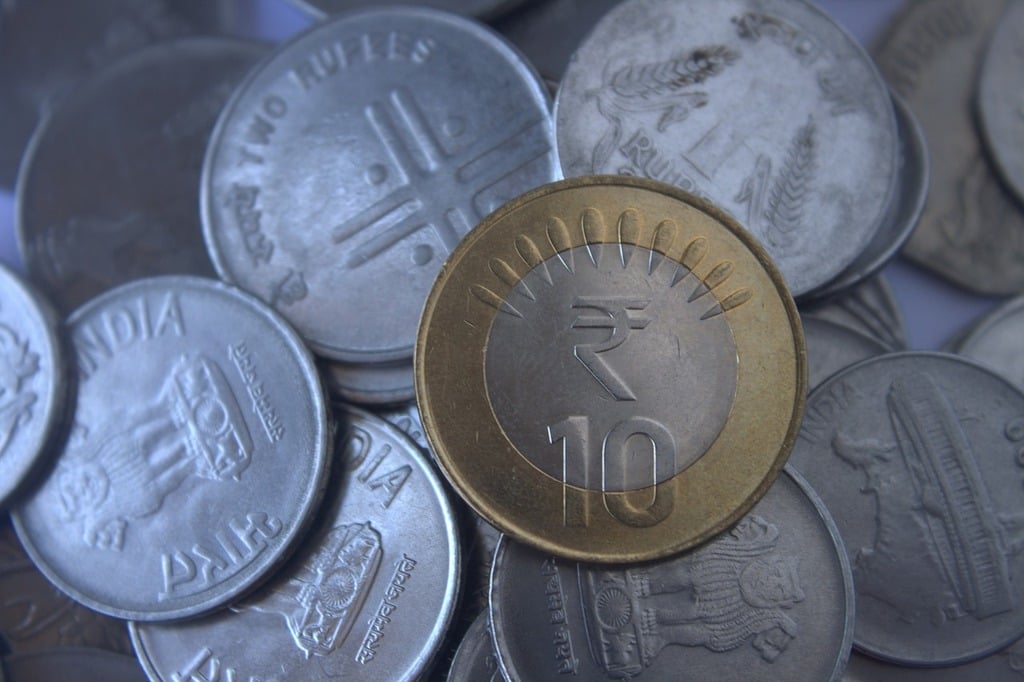New Delhi, Aug 28 (PTI): Pradhan Mantri Jan Dhan Yojana (PMJDY), the largest financial inclusion initiative in the world, integrates the poor into the economic mainstream and plays a crucial role in the development of marginalised communities, Finance Minister Nirmala Sitharaman said on Wednesday.
PMJDY, the national mission for financial inclusion, which completed a decade of successful implementation continuously endeavours to provide support to the marginalised and economically backward sections through its financial inclusion interventions.
In her message on the 10th anniversary of PMJDY, Sitharaman said, “universal and affordable access to formal banking services is essential for achieving financial inclusion and empowerment. It integrates the poor into the economic mainstream and plays a crucial role in the development of marginalised communities.”
By providing universal, affordable, and formal financial services including bank accounts, small savings schemes, insurance, and credit to the previously unbanked, PM Jan Dhan Yojana has transformed the banking and financial landscape of the country over the last decade, she said.
The success of the initiative is reflected in 53 crore people having been brought into the formal banking system through the opening of Jan Dhan Accounts, she said, adding, these bank accounts have garnered a deposit balance of Rs 2.3 lakh crore, and resulted in the issuance of over 36 crore free-of-cost RuPay cards, which also provide for a Rs 2 lakh accident insurance cover.
Notably, there are no account opening fees or maintenance charges and no requirement to maintain a minimum balance, she added.
The Jan Dhan Yojana, which was announced by Prime Minister Narendra Modi in his Independence Day address in 2014, was launched on August 28 of the same year.
The Finance Minister further said it is heartening to note that 67 per cent of the accounts have been opened in rural or semi-urban areas, and 55 per cent of accounts have been opened by women.
“The consent-based pipeline created through the linking of Jan Dhan-Mobile-Aadhaar has been one of the most important pillars of the financial inclusion ecosystem. It has enabled swift, seamless and transparent transfer of government welfare schemes to eligible beneficiaries and promoted digital payments,” she said.
In his message on the occasion, Minister of State for Finance Pankaj Chaudhary, said, “PMJDY is not only a scheme, but a transformation movement that has enabled financial independence of many of the unbanked population and has instilled a sense of financial security.
The journey of PMJDY-led interventions undertaken over the last decade has in effect, produced both transformational as well as directional change thereby making the banks and financial institution ecosystem capable of delivering financial services to the last person of the society-the poorest of the poor, he said.
The PMJDY accounts have not only been instrumental in receiving Direct Benefit Transfers but also serve as a platform for hassle-free subsidies/payments made by government to the intended beneficiary without any middlemen, seamless transactions, and savings accumulation, the finance ministry said in a statement.
Moreover, it said, they have been crucial in providing life and accident insurance to millions of unorganized sector workers through Jan Suraksha schemes (micro insurance schemes).
Under the scheme, the number of bank accounts grew nearly four-fold from 14.72 crore in March 2015, to 53.13 crore as on August 14, 2024. Total deposits under PMJDY have swollen from Rs 15,670 crore as of March 2015, to over Rs 2.31 lakh crore as of August 2024.
Average deposit per account is Rs 4,352 as on August 14, 2024. Average deposit per account has increased 4 times over August 15. Increase in average deposit is another indication of increased usage of accounts and inculcation of saving habits among account holders.
Over the past decade, PMJDY has played a pivotal role in bringing millions of unbanked individuals, particularly women, into the formal financial system, Women’s World Banking Regional Head (South Asia) Kalpana Ajayan said.
The impact of the scheme is evident in the increased financial participation of women, who now have the opportunity to save, invest, and secure their financial futures. Ajayan said.




